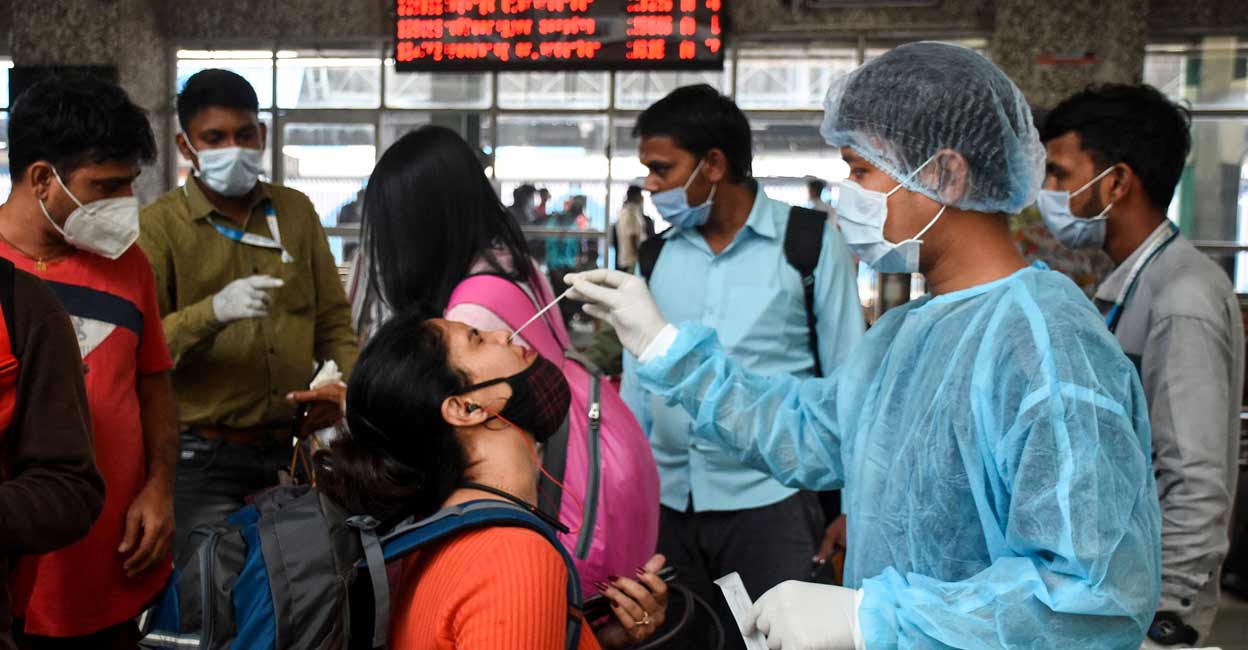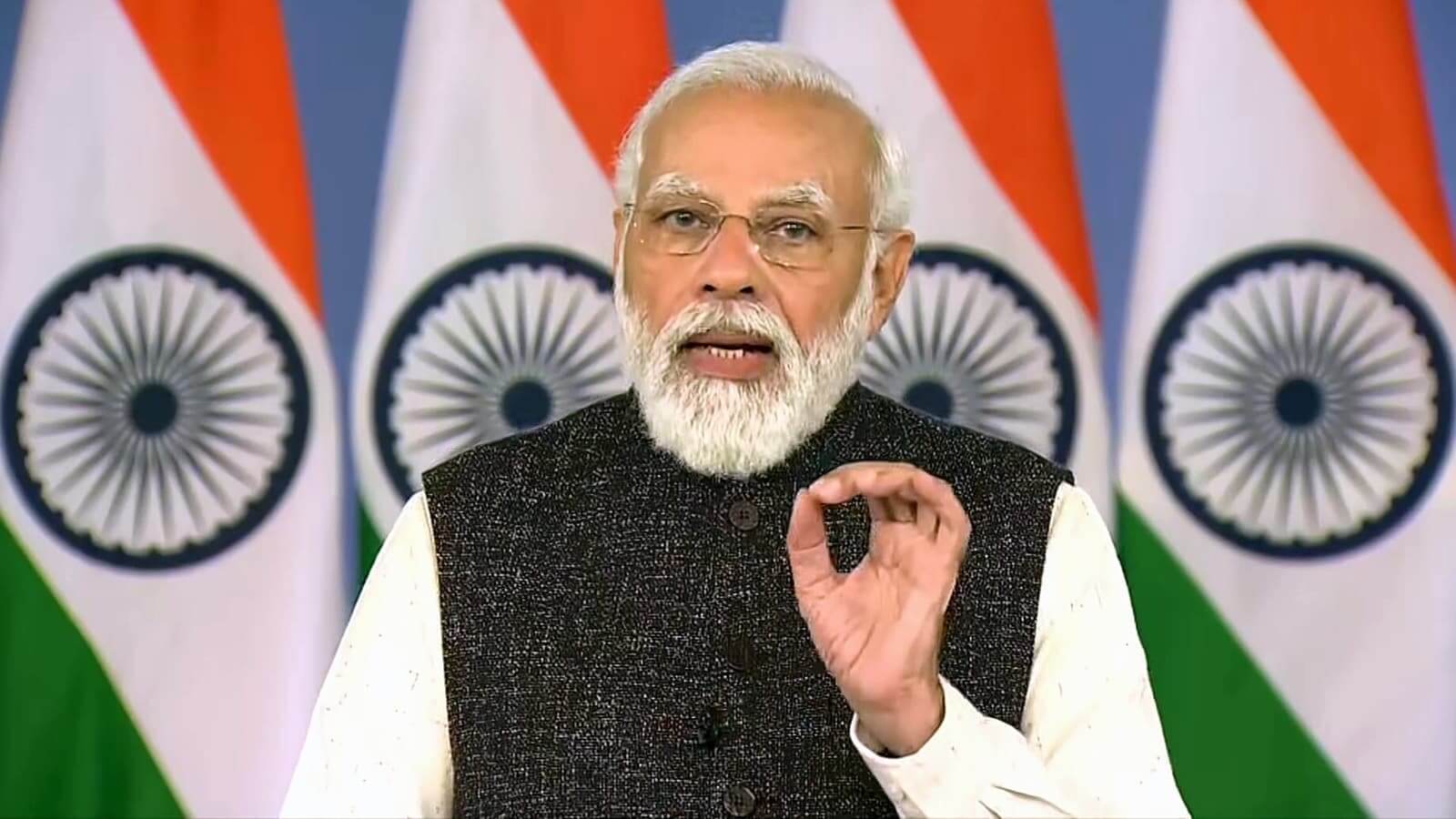During his short address to the nation on Saturday, Indian Prime Minister Narendra Modi announced his government’s decision to roll out COVID-19 vaccine boosters from January 10 next year. He also declared that children aged 15-18 would be eligible for the vaccines starting January 3.
Amid speculation about the booster vaccine programme, Modi said the “precaution dose” would be available for vulnerable groups, including frontline workers, healthcare workers, those aged over 60, and adults with comorbidities. He reassured that the decision was taken following consultations with the country’s scientific community. Modi’s decision to refer to the booster shots as a “precaution dose” has been attributed to studies suggesting that they will provide a “hybrid immunity.”
The PM also celebrated the success of the vaccine drive so far. He said that 61% of the Indian population has now received two doses, and over 90% has received at least one dose.

Modi underscored that with 1.8 million isolation beds, 500,000 oxygen-supported beds, and 400,000 oxygen tanks, the country’s healthcare system is prepared for a rise in cases. He further said that India is also looking to launch a nasal vaccine and the world’s first DNA vaccine. He also warned citizens once again that the fight against COVID-19 is not over and encouraged them to wear face masks and maintain social distancing.
The decision to open up the vaccine drive for those aged 15 to 18 is a major relief to parents, teachers, and students as schools reopen across the country. Previously, the government was reluctant to begin the drive for this age group due to concerns that isolated incidents of adverse reactions could derail India’s larger fight against the virus. In addition, reports have suggested that COVID-19 is less severe in children.
The latest announcement comes amid a surge in the cases, particularly of the Omicron variant. The variant has raised concerns about the safety of the elderly and frontline workers who received the jabs in early 2021 and could experience a gradual deterioration of the vaccine-induced antibodies.

